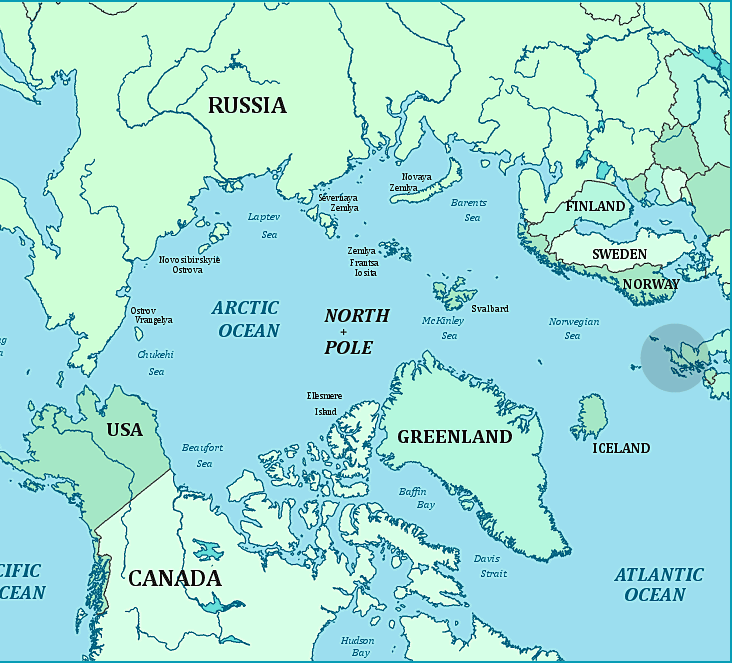an argument for scottish independence

(In the Autumn of 2014, the people of Scotland are going to vote in a referendum to decide whether they wish to separate from the UK. There are all kinds of arguments that can be made for and against this separation, I would like to add one of my own.)
Humanity seems unable to focus on doing what would have to be done to head off global warming of 2ºC – and, the way things seem to be going, an increase of 3-4ºC (or more) is a distinct possibility. So the world is going to change, probably beyond recognition. In such circumstances, all the old certainties are likely to fail. Where people live, where our crops are grown, where in the oceans we will find fish – these are all likely to shift. The infrastructure that we have spent centuries constructing: of cities, roads and rail, of trade routes, may no longer be well located. Some places will get wetter than at present, others drier; some warmer, others colder.
Though no one knows the shape that this new world will take in detail, we can make some educated guesses about the broad trends. One of these looks likely to be that the current climactic zones are going to shift towards the poles. Mankind’s ‘centres of gravity’ are likely to follow this shift. In the Northern Hemisphere, this means a general movement northwards. The Arctic, increasingly free of ice, will expose new land for settlement, will contain what fish stocks are left, will carry ever greater tonnages of freight and will expose natural resources hitherto inaccessible.
The UK, with it’s centre of gravity in the south-east, may struggle against the inertia of centuries to turn its gaze away from the heart of ancient Europe, or from the Atlantic and America. As a part of the UK, and tethered to the government in London, Scotland naturally gazes south, and thus, as an island, we tend to turn our back on the north.
It seems to me that the only way the people on these islands are going to be part of this new Arctic world is if we free ourselves to look northwards. Scotland is a region of the British Isles that naturally belongs to the north. Both in numbers, in climate and in landscapes, Scotland could be part of the Scandanavian world, as parts of it were in the past. A fully fledged government in Scotland would give the British Isles a centre of gravity in the north that would naturally concern itself with the north. Scotland’s 5 million would make us a power comparable to Norway (4.5 million), Denmark (5.4 million), Finland (5.2 million) or even Sweden (9 million).
This then is an argument based not on nationality, nor is it a rejection of the English, or of the British community of nations – Scotland has been too closely wed to England and the rest of the UK for political separation to mar our familyhood. Scotland would continue to benefit from England continuing to deal with – as it does now – the heart of Europe, and the greater world: England would benefit from having some part of these islands taking a full part in the Arctic adventure.